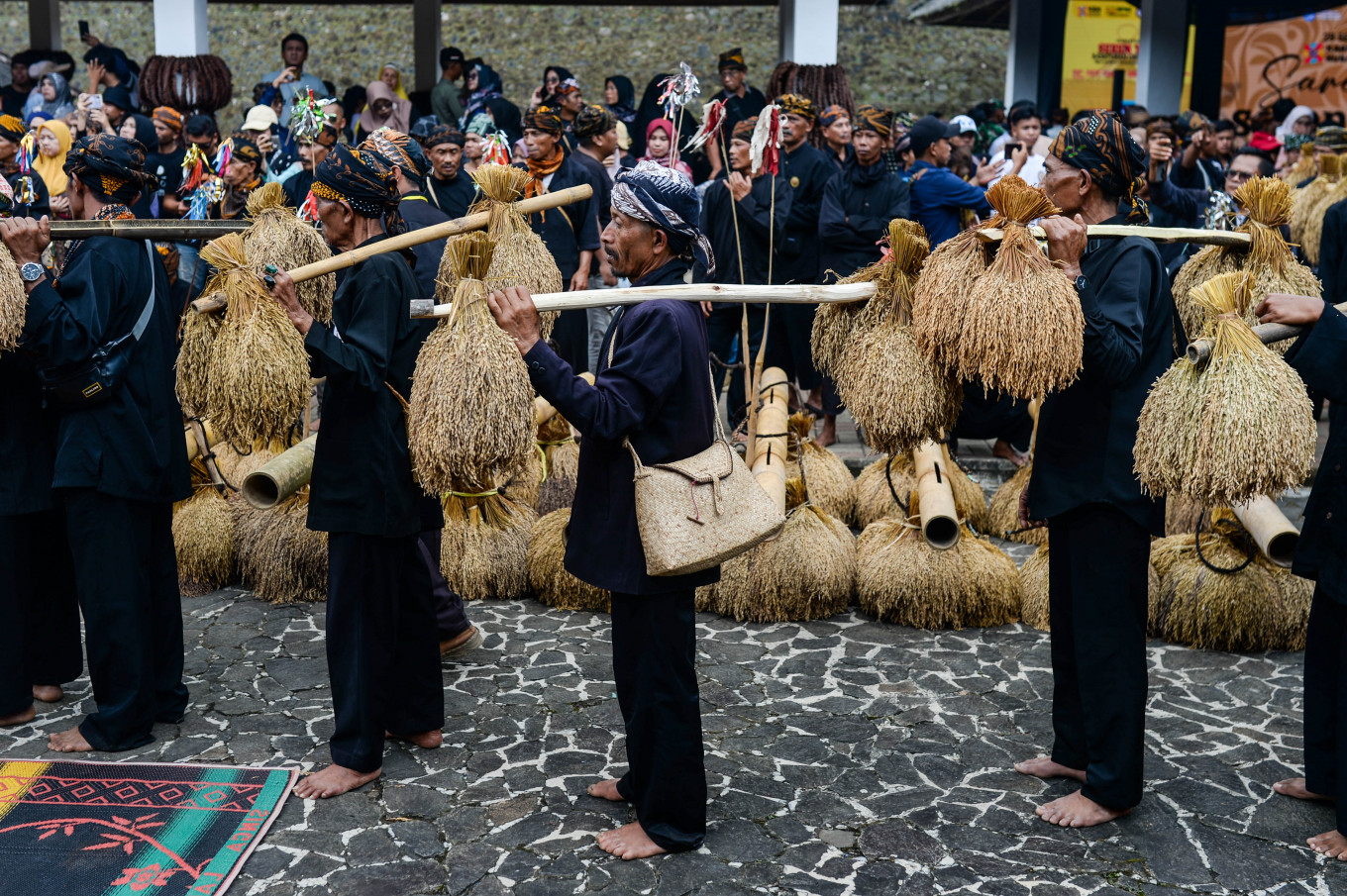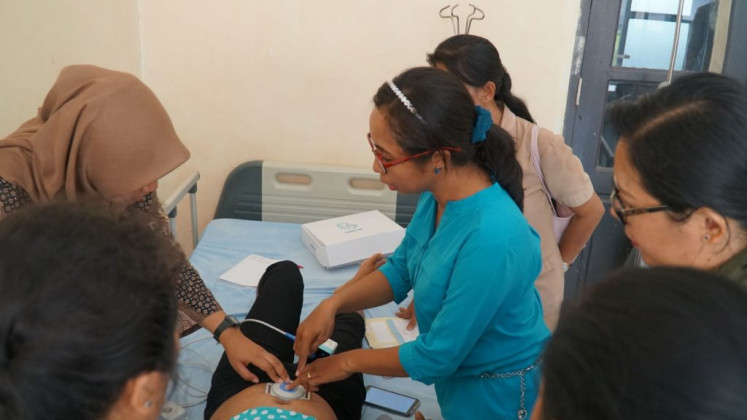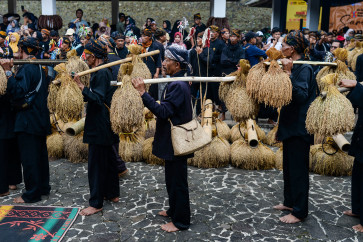Popular Reads
Top Results
Can't find what you're looking for?
View all search resultsPopular Reads
Top Results
Can't find what you're looking for?
View all search resultsBetter together: Building 'Four Betters' in agrifood systems
Threats to agrifood systems, ranging from climate shocks to conflict, can unwind years of progress against hunger.
Change text size
Gift Premium Articles
to Anyone
T
his year’s World Food Day marks 80 years since the founding of the Food and Agriculture Organization of the United Nations (FAO), whose mandate from the outset has been to ensure humanity’s freedom from want.
Today, around 8.2 percent of people face chronic undernourishment. That compares with roughly two-thirds of the global population living in areas with inadequate food supply in 1946, as revealed by the first World Food Survey conducted by FAO in its first months of existence. Moreover, in 2025, even with a population more than three times as large, the world produces more than enough calories to feed everyone.
As we mark this day and reflect on challenges past, present and future, I am reminded of one conclusion from that long-ago survey: “The choice is between going forward and going backward.”
The FAO and its member countries have achieved a lot: Eliminating the rinderpest virus, establishing the Codex Alimentarius food safety standards, nearly tripling global rice yields since setting up the International Rice Commission in the late 1940s, negotiating international treaties on fisheries practices and genetic resources, setting up early-warning monitoring schemes to mitigate the risk of pests and plant and animal diseases, establishing and hosting the Agricultural Market Information System to support trade and the development of dietary guidelines to tackle not just stunting but also the world’s growing overweight trend.
When desert locust outbreaks started in 2019, coinciding with the hardest times of the COVID-19 pandemic, US$231 million was mobilized to mitigate a crisis that ultimately saved $1.77 billion in losses and secured food for more than 40 million people across 10 countries.
Credit for such achievements goes rightly to our members who have been steadfast in their support of the idea that a world without hunger is a better one for everyone, rich or poor, North or South. These and other successes show what is possible when nations pool knowledge and resources, when there is political will and when effective partnerships are forged.
Sustaining the spirit of cooperation that has existed for the past 80 years is increasingly urgent; the global agrifood system is more interconnected than ever with more than a fifth of all calories crossing international borders before being consumed.



















